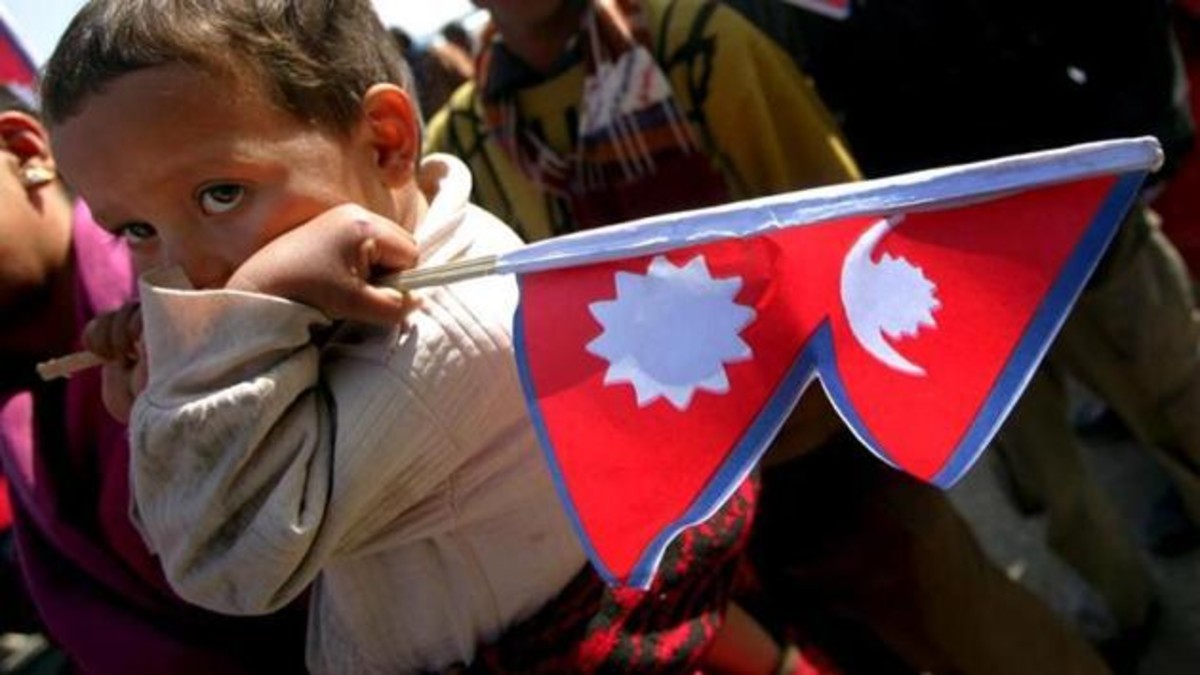In the wake of new political changes in Nepal and economic disruptions, ushering in economic reforms for Nepal’s inclusive development is a must now. As per an estimate of the Federation of Nepalese Chambers of Commerce & Industry (FNCCI), the Nepalese economy suffered losses of about INR 50 billion. This is unimaginable besides the precious lives lost, and for that, sadly, there can’t be any damage control.
At the core of the Gen Z movement and the traction of support it commanded was a chronic failure of multiparty democracy in Nepal to deliver good governance and inclusive development for the masses; also, it failed to offer a level playing field for industry.
Contrarily, the issues related to economic emancipation and further transformation were overshadowed by the political infighting that put question marks on the credibility of central political characters ruling the roost in Kathmandu and the provinces.
Crony capitalism was not just surviving but was thriving in Nepal, and a small class of oligarchs were having a major say in politics and businesses. An impure and inefficient system with inherent weaknesses was creating a permanent blissful ground for the masters of capital formation, who are destined to grow but without having any commitment to raising the stature of the country, its people and its image in the world.
Reorienting economic priorities with effective economic reforms for realising Nepal’s true economic potential holds the key at this juncture when Nepal is at a crossroads. A few priorities that should not be overlooked are: Making industrial turf competitive and progressive; strengthening sectoral performances, most importantly in hydropower; hand-holding industry with working capital and expanding market access; expanding global collaborations; aiming at all stages to contribute to human development
Impact Shorts
More ShortsFor positively changing the industrial landscape and strengthening Nepal’s stake in the India-Nepal bilateral economic ecosystem, there is a glaring need for re-energising the energy partnership between the two countries. The foregone opportunities should be kept in reference for learning instead of as irritants; the success stories should continue to inspire partnership—and there should be a resolve to tap the vast potential Nepal has with hydroelectricity.
For navigating Nepal’s new transition for a better tomorrow, added thrust should be on creating quality businesses with significant employment-generation capabilities besides checking exodus. Business leaders in India should be encouraged to be proactive in looking for new opportunities in expanding and diversifying trade and investment ties with Nepal. It is necessary that Nepal deepen its economic ties with India and facilitate joint ventures that create immense economic opportunities.
India’s unwavering commitment to peace and prosperity in Nepal and its complementarity in its relations with Nepal will help in creating a healthier economic ecosystem in Nepal. While the economic scenario is troubled—and it is unlikely that Nepal will emerge from it soon—it would be wrong to assume that a condition akin to a breakdown is inevitable in Nepal. Economic adversity has created the space for course correction, and Nepal should devise a fresh approach to achieve this through calibrated efforts and enhancing economic partnership with India.
Beyond the fast-changing headlines about Nepal’s endemic woes at political, economic and humanitarian fronts, there is a need to read between the lines and see where the scripts should prompt for a decisive transformation of institutional processes. As Nepal should realise its true potential, there is no reason that it will not overcome its developmental disorders. The new aspirations, combined with the conventional value system and resolve to make the country a home for all and not just for a privileged few, will usher Nepal to a bright spot in the world.
Nepal is a transforming country. India is now a player on the global stage. It is time to repose faith in constructive dialogue with empathy to resolve any matter that disturbs the calm between the two countries, including at the economic fronts. In good and bad times, India and Nepal have to live together. Restoring trust and confidence through constructive dialogue is very much possible, and there is no reason that the initiatives will not be taken in this regard and the headlines will not be positive with sustained mutual efforts.
Nepal’s political transition is entwined with its economic transition; till the time the latter is not dealt with successfully, it is unlikely that Nepal will get its democracy functioning smoothly and with requisite altruism. Nepal’s problems are well-identified and understood but not adequately addressed. At the macro level, striking a balance between national politics and geopolitics and a resolve to attain a reasonable economic bandwidth will help Nepal accomplish true success for its democracy.
At the core of its transformational agenda, the welfare of the forgotten Nepalese should occupy a prominent feature. Lately though, Nepal should emerge as the zone of hope, rather than despair with endless human suffering, natural degradation and ambivalence of political opportunists. Nepal’s search for democracy is officially over; now the challenge is to complete its transition smoothly and successfully. This will ensure Nepal its fair place in the world.
Atul K Thakur is a policy professional, columnist and writer. He has co-authored a book with Amb K V Rajan, “Kathmandu Chronicle: Reclaiming India-Nepal Relations” (Penguin Random House India). The views expressed in the above piece are personal and solely those of the authors. They do not necessarily reflect Firstpost’s views.
)